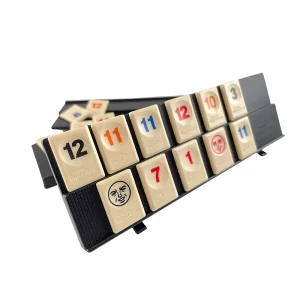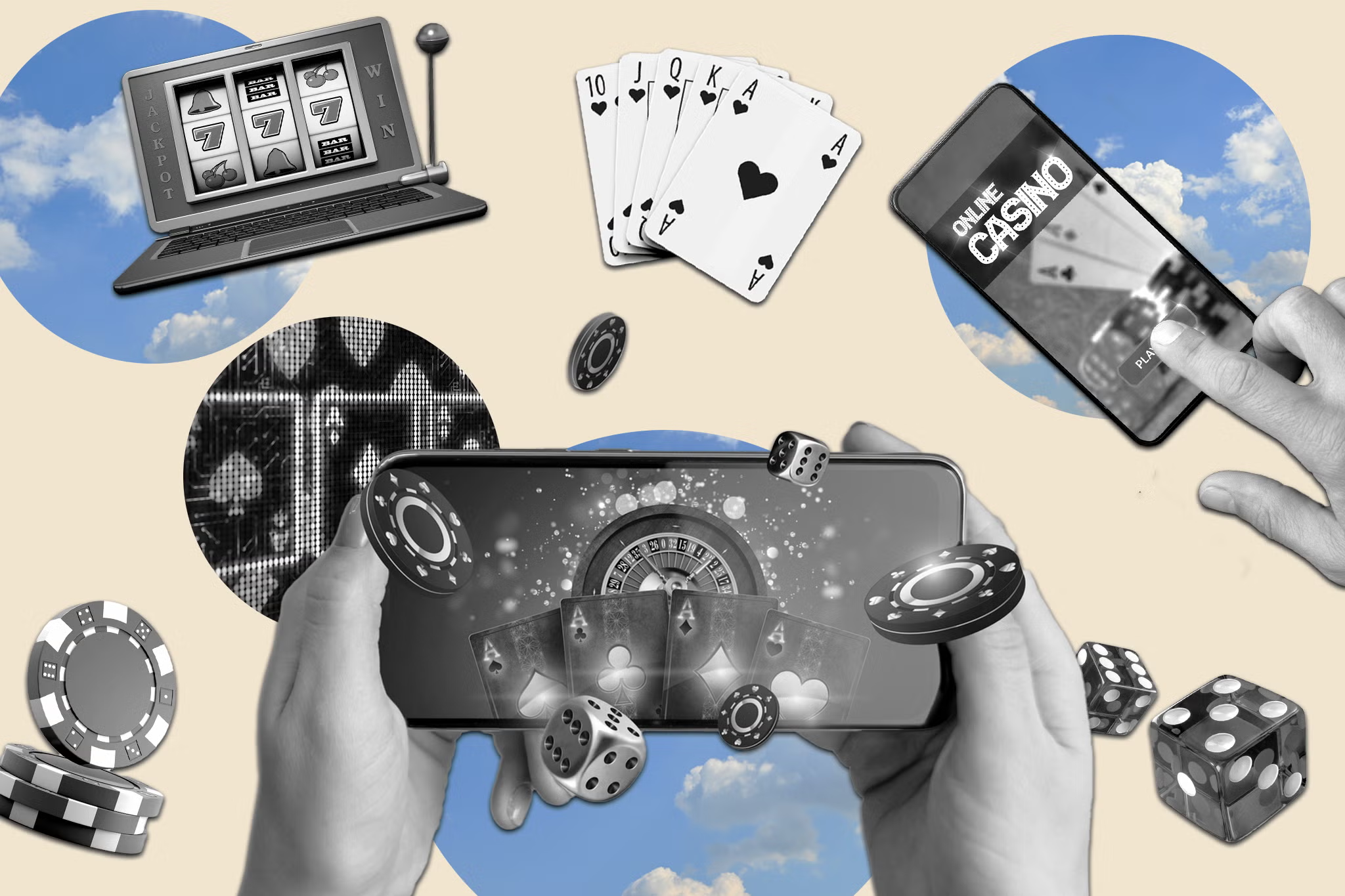Odds and Skill in Gambling: How Strategy and Knowledge Can Influence Outcomes

Gambling can be divided into skill- and luck-based activities depending on several variables, including game type, odds of winning and player experience and knowledge.

Games that don’t require skill are generally decided solely by chance. However, players should keep in mind that certain games do employ some form of skill-based strategies.
Probability
Probability is an essential part of gambling, and understanding how games of chance work. Probability measures the likelihood of events happening and can be expressed as a percentage of possible outcomes. Probability can also be applied in science and daily life for such things as weather forecasting or insurance premium calculations. Unfortunately, however, errors are easily made when it comes to estimating probability due to mental shortcuts (heuristics) which lead to inaccurate judgments – the gambler’s fallacy being one such common example where people believe a series of bad plays will result in winning results!
Another common gambling misconception is the near-miss effect, in which close losses lead players to overestimate their probability of future wins. This phenomenon often manifests itself when it comes to games of chance where multiple events play into an outcome rather than just one event alone.
This study investigated whether providing college-age participants with brief intervention messages and warnings about luck could increase their understanding of probability while decreasing irrational beliefs about gambling. They were randomly assigned either a warning message, warning message plus limit setting information or video on gambling history before being permitted to play computerized roulette games.
Odds
Though luck certainly plays a factor in gambling games, players can use skill and knowledge to make better bets – particularly important in games requiring high levels of skill like chess. Furthermore, understanding the odds can give a player insight into how much of an edge they hold over other competitors.
Odds are mathematical representations of the probability that an event will happen and are usually expressed as ratios like six-to-1. They can also be converted to different formats such as fractional, decimal and American odds; regardless of which format odds use can help assess potential wagers as well as determine the payout amount.
One thing odds don’t account for is human error. Even something as small as a momentary loss of focus by an athlete in team sports or flipping of the coin could have an immense effect on the final results, often to your benefit or disfavour. This phenomenon is called variance and can either help or hurt.
Recent research examined whether warning messages and short intervention messages would increase gamblers’ knowledge of odds while decreasing levels of irrational beliefs when playing computerized roulette game. When compared with participants who watched video about gambling history, those receiving warning message and limit setting information showed significantly fewer irrational beliefs and greater odds knowledge than participants who only watched the video about gambling history.
Strategy
Gambling is an immensely popular past time among many. Gambling takes the form of lotteries, casino gaming, sports betting and bingo; though luck plays an essential part in gambling outcomes, skillful players may make money off these games by applying strategy and knowledge of probability to their strategy – however relying solely on skill can result in disastrous consequences.
Humans tend to be poor at understanding and interpreting probabilities, according to classic experiments in experimental psychology. Studies have demonstrated this fact through many classic experiments on experimental psychology that show people to be highly error-prone when it comes to estimating odds for something happening, for instance the frequency of heads or tails in coin tosses (Tversky & Kahneman 1971). Biases associated with gambling games exacerbate this tendency and foster cognitive distortions which can lead to problematic gambling behavior.
One of the most pervasive cognitive distortions is an excessive belief in one’s own gambling skills, known as an illusion of control, that can occur across various gambling contexts. Near-misses, such as two cherries in a slot machine payline or close neck-and-neck races, seem particularly striking to gamblers and may help create this sense of powerlessness.
Another key element in creating the illusion of control is perceived personal control in organizing one’s gambles. Studies across gambling contexts have consistently revealed increased confidence when gamblers arrange their bet themselves compared with random selection of ‘lucky dips’.
Knowledge
Gambling is a thrilling form of entertainment that involves taking risks for a chance at prizes. Players may use skill, strategy and knowledge to influence game outcomes; however luck also plays a significant role in gambling; overconfidence could cause them to gamble excessively if too much reliance is placed upon luck alone; therefore a balanced approach that incorporates skill and knowledge is required for an enjoyable gambling experience.
Gambling games often promote the idea that skill will overcome chance, yet this is often not true. Many factors can impact game results and even top players can experience bad luck from time to time. Furthermore, winning large sums of money may tempt one to attribute it solely to themselves and lead them down an unnecessary riskier path – leading them to take even more chances and risks with future bets.
Cognitive psychology research has revealed that humans are susceptible to various cognitive distortions that distort their perceived odds of winning, including interpretation errors regarding probability and randomness. Classic experiments in experimental psychology demonstrate this by showing people are more likely than expected to judge the probability of head-and-tail series on finite experiences rather than an infinite number of trials; such faulty beliefs may help explain the prevalence of gambling as an instrument for financial gain.







